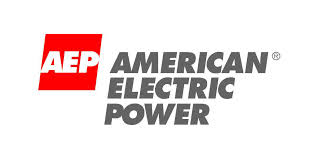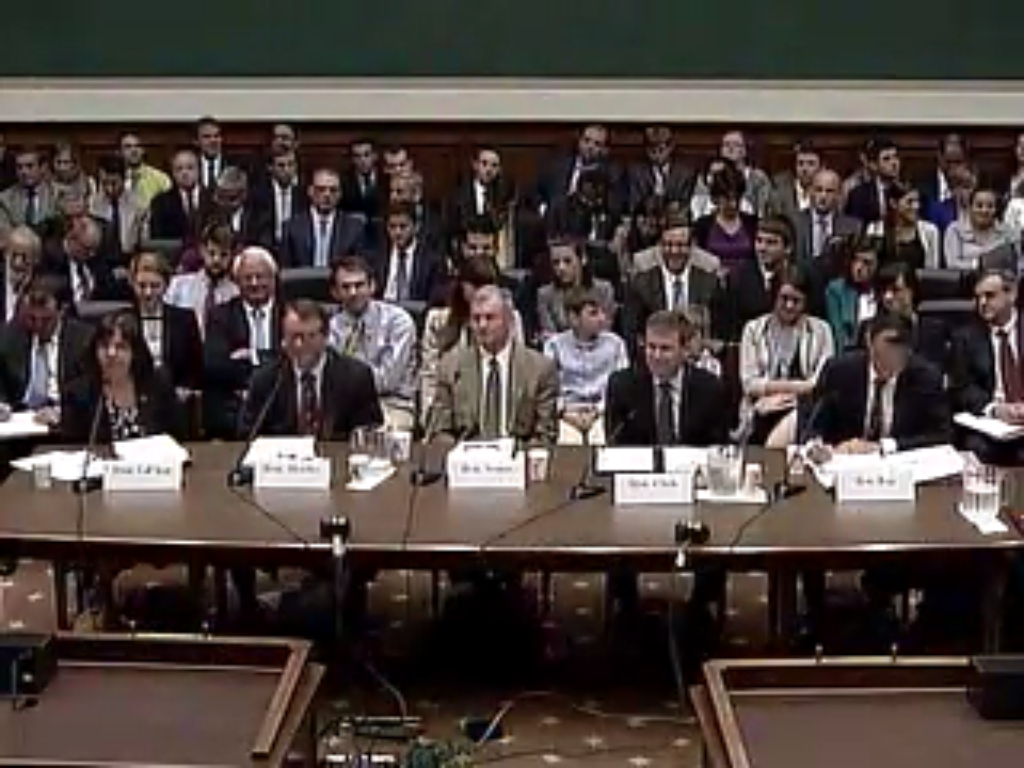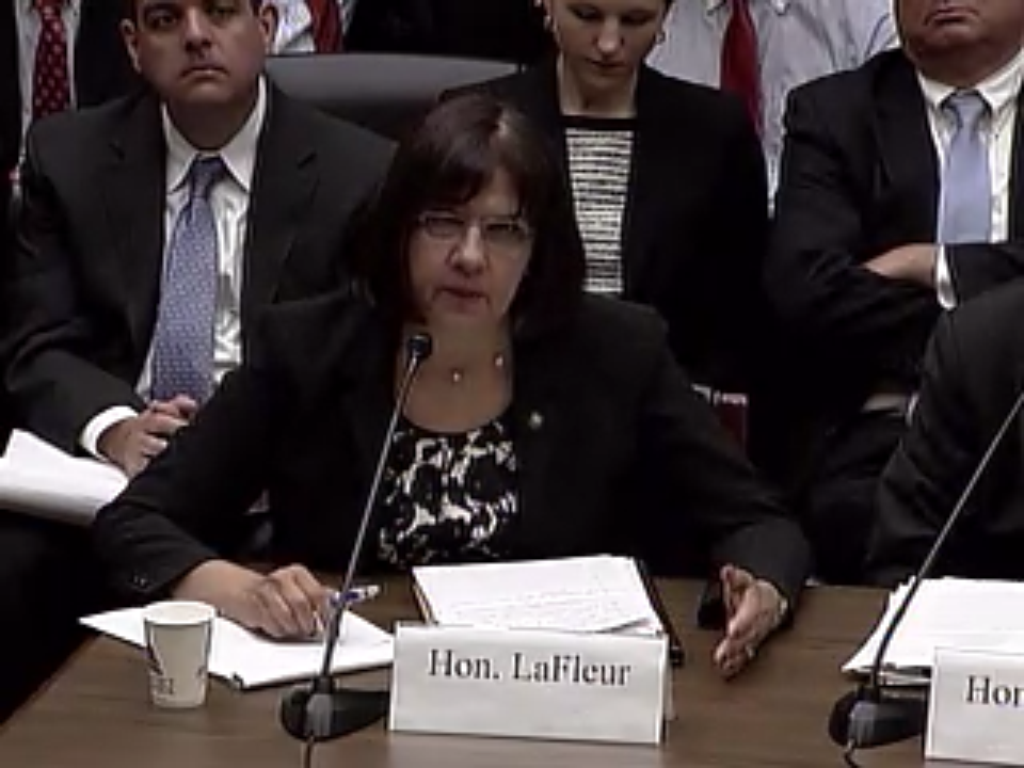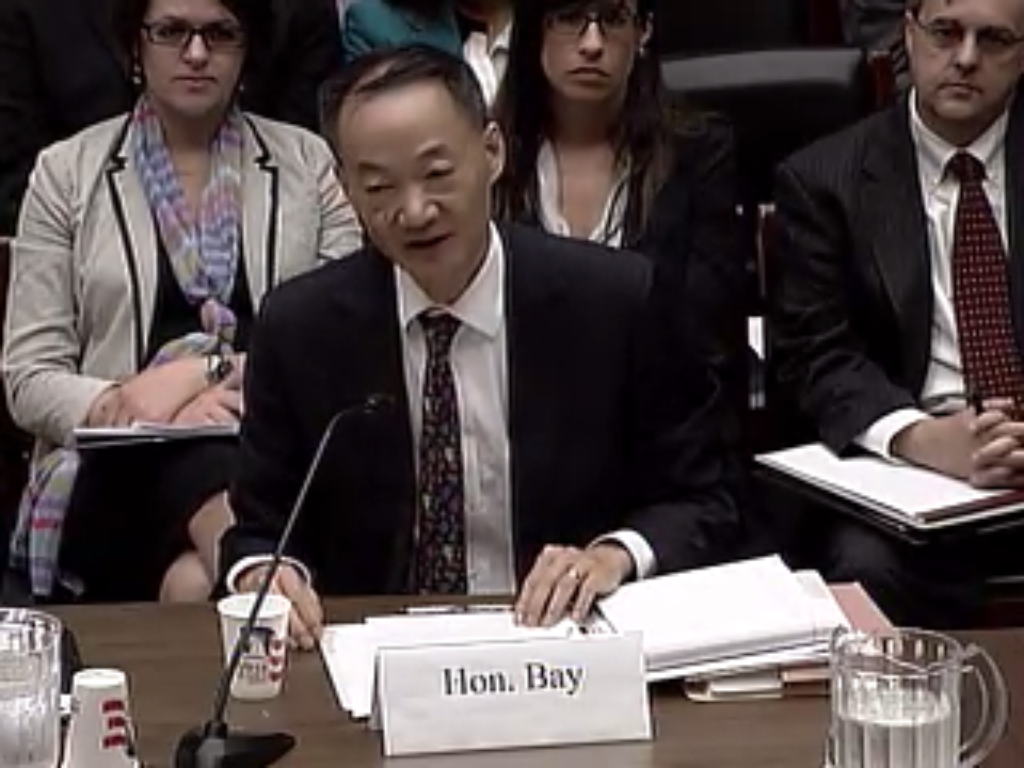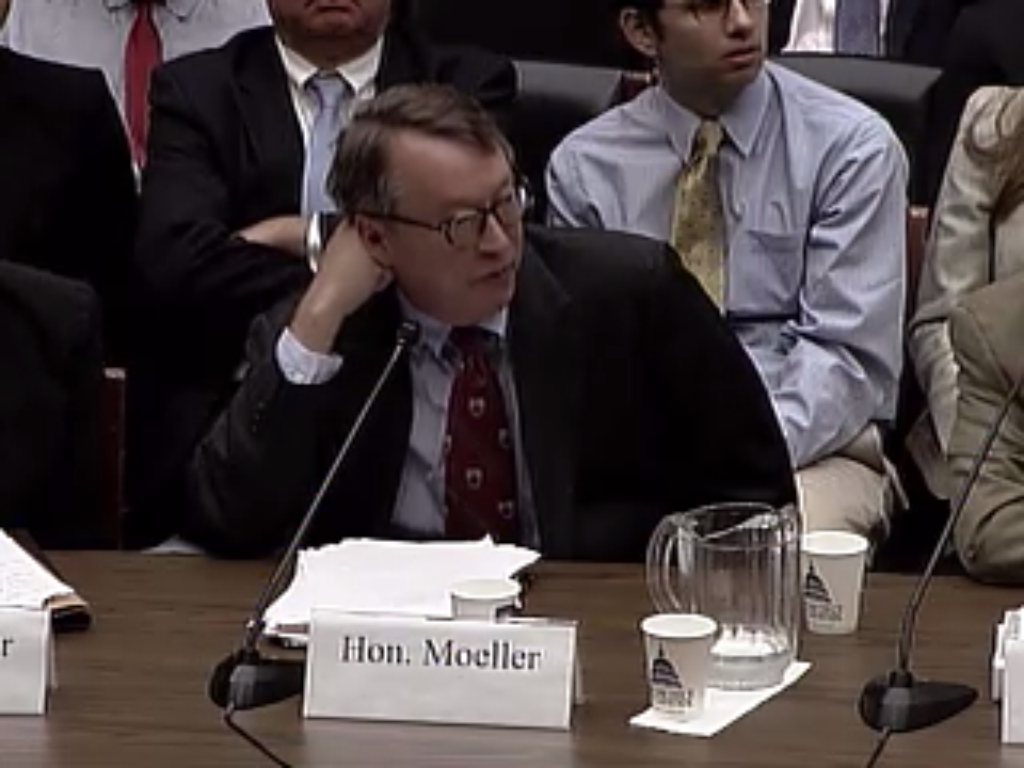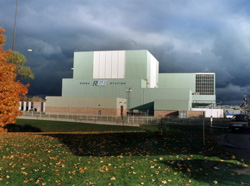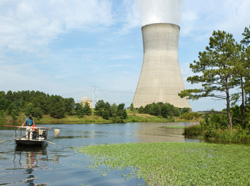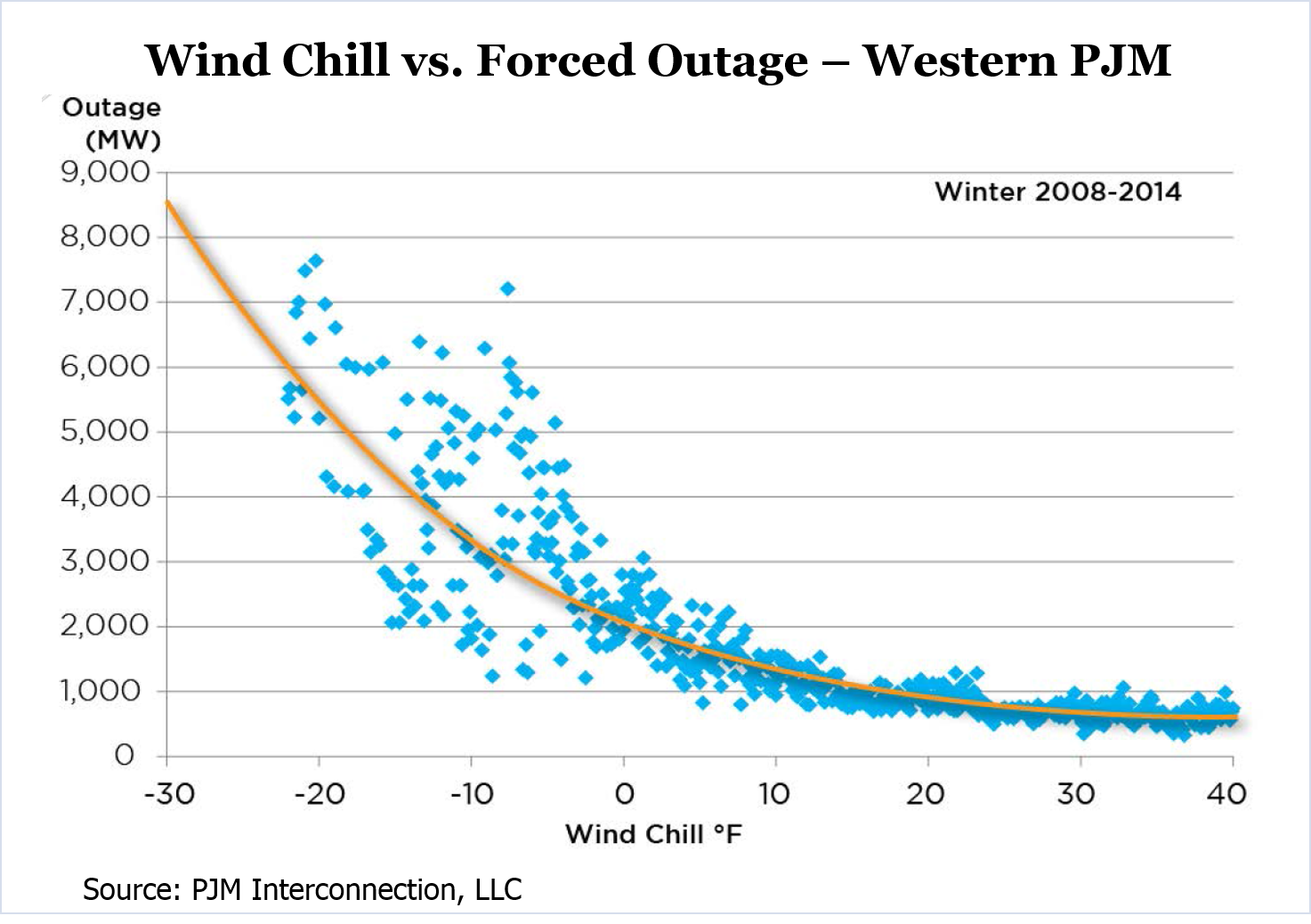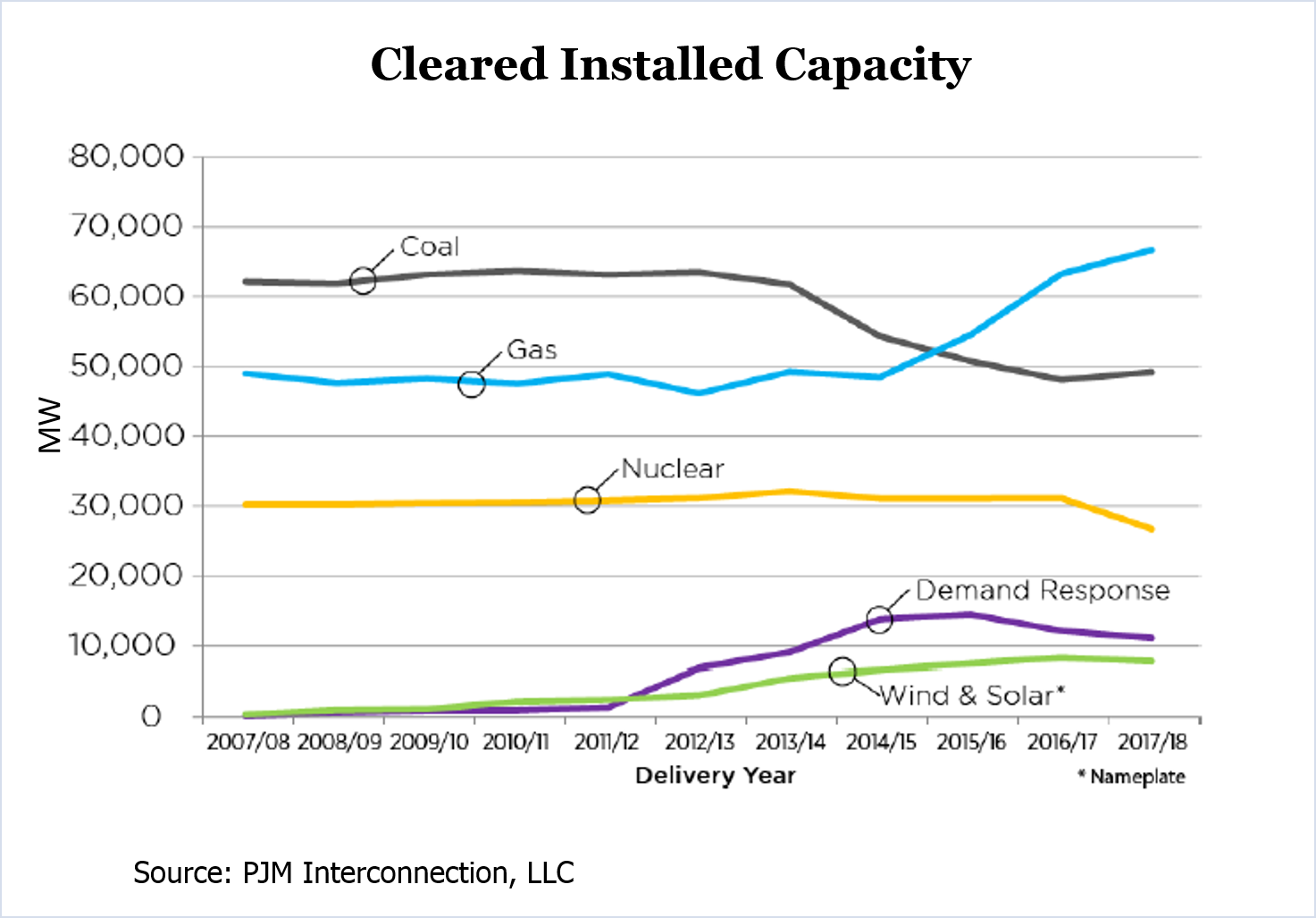State Creates Green Fund to Spur Solar Installations

The SEU, a non-profit organization created by the state, has committed $1.5 million for each of the next two years to buy solar renewable energy credits at a price of $0.45/watt for the first 20 years of solar production. The program is open to systems of up to 50 kW in size, regardless of the customer’s electric provider. The state’s original Green Energy Fund was open only to those in the Delmarva Power & Light service territory.
SEU also agreed to put up $2 million over two years to commercial and non-profit geothermal and solar water heating systems. SEU funds come in part from the Regional Greenhouse Gas Initiative.
More: The News Journal
DISTRIC OF COLUMBIA
PSC Holds Hearing on Undergrounding Plan
The Public Service Commission has started public hearings on Pepco’s plan to put 21 of its most troubled feeder lines underground. Pepco said the first leg of the project, which could take up to 10 years, would cost about $434 million.
A Pepco official, Caryn Bacon, said placing feeders underground won’t solve all problems. “It is true when you place a feeder underground it is more difficult to locate the fault,” Bacon said, but she added that the plan calls for redundancies to reduce extended outages. The PSC is expected to rule on the Pepco plan in October.
More: WTOP-FM
ILLINOIS
Court: Regulators Can Force Consumers to Buy ‘Clean Coal’

Illinois has a “Clean Coal Portfolio Standard” mandating that a portion of the state’s energy come from clean coal projects. The FutureGen project, which would retrofit a coal-fired plant and then sequester its carbon dioxide underground, has been languishing while waiting for various court rulings.
The plant could be ready to burn Illinois coal and sequester the carbon dioxide by 2017. With the ruling, Illinois customers could be forced to pay an extra $1 to $1.40 a month for power from the project. Some power suppliers have vowed to appeal the ruling to the state Supreme Court.
More: Chicago Tribune
KENTUCKY
PSC Approves $50M Retrofit of Coal Plant

Kentucky Power said the only way the 278-MW unit could meet air quality standards was to switch to natural gas.
The PSC said Friday that the plan to switch to gas “preserves a viable generating plant operating within the commonwealth, thus retaining some of the current employees and supporting the local tax base.” The retrofit is expected to cost $50 million.
More: Lexington Herald-Leader
MARYLAND
Wind Farm Faces Delay from Mikulski Efforts

A wind farm proposed for Maryland’s Eastern Shore could be held up by U.S. Sen. Barbara Mikulski, who added language to the defense appropriation bill mandating that no agreement between the developers and the U.S. Navy could be signed until a further study is completed. One of the things the study is researching is the effects of wind farm towers on the radar system at the Patuxent Naval Air Station.
The study isn’t due to be completed until next summer and developer Pioneer Green Energy said the delay could kill the project.
More: The Washington Post
MICHIGAN
Lawmakers Introduce Bills Called ‘Energy Freedom’
State lawmakers have introduced a package of bills tackling energy pricing, energy efficiency and technology and renewables. Called “Energy Freedom” by the bipartisan group that introduced it, the package addresses net metering, microgrids, fair-value pricing and renewable energy.
The bills have been referred to the House Committee on Energy and Technology. “I just want to make sure we do everything we can to promote renewables and clean-energy development in Michigan,” said state Rep. Jeff Irwin, a southeast Democrat and one of the sponsors.
More: Midwest Energy News
NEW JERSEY
BPU Report Finds Solar Industry Rebounding
A law passed two years ago to smooth out volatility in the solar market has resulted in a stable market and new growth in the solar industry, according to a Board of Public Utilities report. “New Jersey’s solar market is sound,’’ BPU President Dianne Solomon said.
The 2012 law was passed after an increase in solar capacity caused a drop in the price of solar credits. The report was required as part of the law, which led to a rebound in the price of solar credits and a corresponding increase in solar installation activity.
More: NJ Spotlight
NORTH CAROLINA
Legislature Unable to Produce Coal Ash Bill
State legislators went home last week without producing a law addressing the state’s toxic coal ash sites. The issue became a priority after a spill earlier this year of up to 39,000 tons of ash from a Duke Energy site.
Both the House and the Senate traded bills, but a final bill was never acted on. Senate leaders blamed House members for hobbling a compromise bill with late provisions.
Environmentalists were dismayed by the General Assembly’s lack of action. “This is a multilayered failure of leadership. Both chambers failed to offer the comprehensive cleanup plan they promised at the outset of session,” said Donna Lisenby of the Waterkeeper Alliance.
While lawmakers failed to act, Gov. Pat McCrory did, by issuing an executive order directing the Department of Environment and Natural Resources to start groundwater tests at all of Duke’s ash ponds.
More: Charlotte Observer
PENNSYLVANIA
Report: State Officials Lax in Gas Industry Oversight

Auditor General Eugene DePasquale said the department has failed to address many public complaints about air and water contamination. He also found that the department failed to make gas companies provide drinking water in 14 of 15 contamination cases.
DEP Secretary E. Christopher Abruzzo took issue with the report. “DEP has found that working with operators to obtain voluntary compliance with the law is often a more effective and expeditious method of restoring water supplies,” he wrote.
More: The New York Times
PUC: Sunoco Pipeline Not Exempt from Laws
In an initial ruling, the Public Utility Commission has found that Sunoco’s proposed Mariner East pipeline does not qualify as a utility and therefore is not exempt from local zoning laws.
The company asked the commission for the utility status to help it with the permitting and construction of pumping stations it wants to build for the pipeline. The pipeline is planned to run from the shale gas region in the west of the state to a terminal at Marcus Hook on the Delaware River.
Under state law, utilities are exempt from some local zoning laws.
More: Philly.com
TENNESSEE
‘Accent Reduction’ Class Draws Ire of Southerners
A “Southern accent reduction” class offered at the Oak Ridge National Laboratory has been cancelled after Southern-bred employees complained. The class, at the U.S. Department of Energy’s largest research facility, was to be taught by a Knoxville speech pathologist, Lisa Scott. She said many businesses offer “accent neutralization” services for foreign employees and those with strong regional American accents, especially ones from New York, Boston and Philadelphia. But Scott said the course was described in an email “in such a way that some people interpreted it that their Southern accent was a problem.”
More: NBC News





